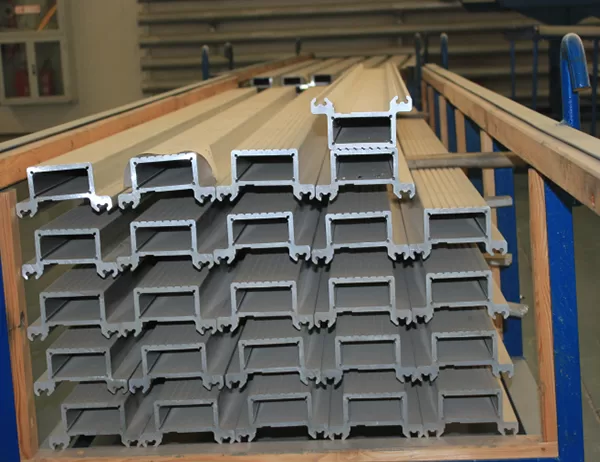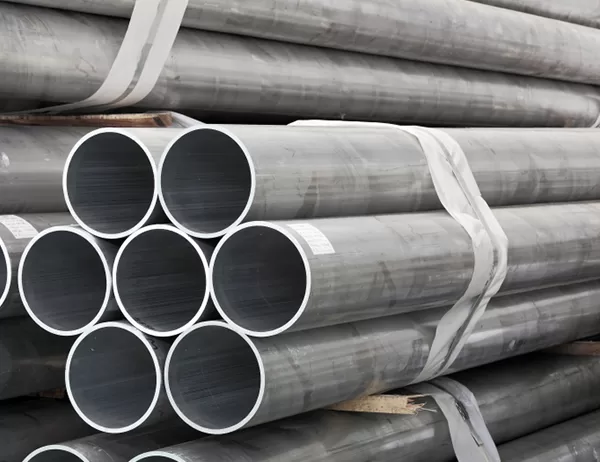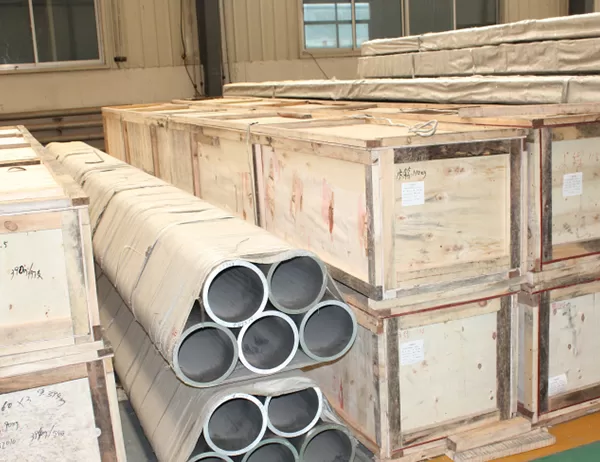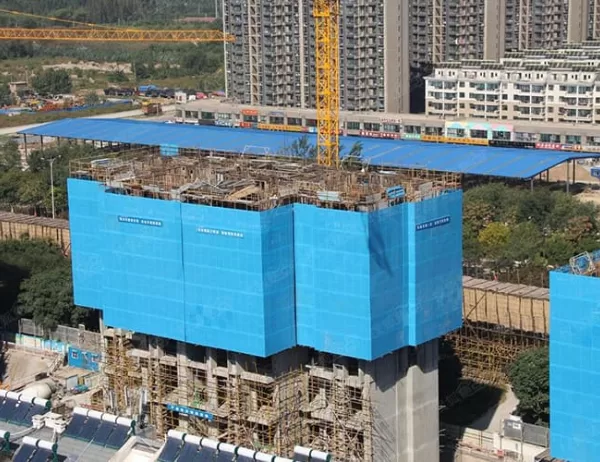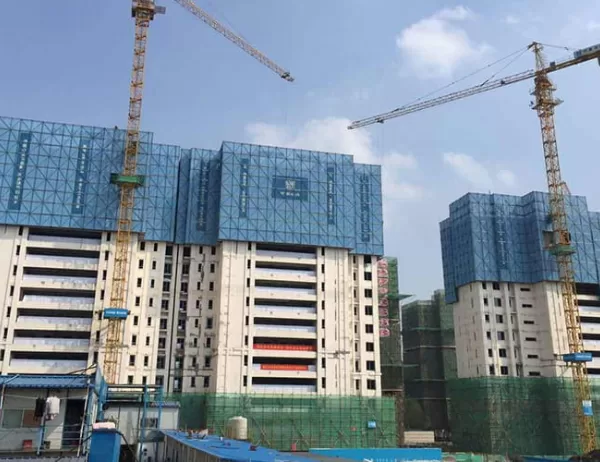Extruded aluminum tubes are ubiquitous in various industries, offering unmatched strength, lightweight, and versatility. However, these versatile components are not immune to potential issues that can arise during the extrusion process. Addressing these issues promptly is crucial to ensure optimal performance and longevity.
Bending and Distortion
Excessive bending or distortion during extrusion can occur due to improper die design or inadequate temperature control. This issue compromises the structural integrity of the tube and affects its intended application. Solutions include optimizing the die geometry, adjusting extrusion parameters, and implementing proper cooling techniques.
Surface Defects
Surface imperfections, such as scratches, pitting, or seams, can blemish the appearance and impair the tube’s functionality. These defects result from improper surface preparation, contamination, or die wear. Addressing these issues involves meticulous surface cleaning, using high-quality die materials, and implementing regular die maintenance.
Dimensional Inaccuracy
Variations in tube dimensions, such as diameter and wall thickness, can hinder proper assembly or performance. Dimensional inaccuracies often stem from worn dies, incorrect calibration, or insufficient cooling. Solutions include regular die inspection and calibration, optimizing cooling rates, and implementing precision measurement techniques.
Collapsed Tubes
Collapsing, particularly in thin-walled tubes, can occur due to excessive extrusion pressure or insufficient wall thickness. This issue compromises the structural integrity of the tube and can lead to catastrophic failure. Addressing collapsing requires adjusting extrusion parameters, increasing wall thickness, or optimizing die design.
Corrosion
Aluminum tubes are susceptible to corrosion, especially in harsh environments or when exposed to corrosive substances. Corrosion can weaken the material, affecting its strength and functionality. Implementing proper surface treatments, such as anodizing or chromating, and using corrosion-resistant alloys helps mitigate this issue.
By understanding these common issues and implementing appropriate solutions, manufacturers can ensure the production of high-quality extruded aluminum tubes that meet stringent industry standards. These solutions contribute to the long-term performance, reliability, and aesthetic appeal of these versatile components.
